THE UNIVERSITY EDUCATION PROGRAM’S PARTNER INSTUTITIONS
The education of university students takes place in four Hungarian cities, in a total of six partner institutions, which are the following:
Semmelweis University (Budapest)
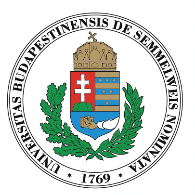
The more that 250-year-old Semmelweis University, which is unique in the country as a specialized university, is the leading institution of medicine and health higher education, not only in Hungary but also in the Central European region. It’s three main activities are education, research-innovation, and healing; these three things make it an internationally recognized centre of knowledge. Most doctors, dentists, pharmacists, and midwives in Hungary have graduated from Semmelweis University, which is also one of the most internationally diverse universities in the world; a third of the more that 12,000 students are foreigners, coming from 97 countries around the world. Most of the country’s academics work here in either the field of medicine or biomedicine, and many pioneering medical procedures were performed here in the country for the first time. The university is one of the most successful Hungarian players in international rankings: in the 2022 overall world ranking of Times Higher Education (THE), it is among the top 300 universities in the world, but it is also among the best in specialized rankings. The university is not only one of the largest healthcare institutions in the country, but it is also home to the largest number of research groups supported by the Hungarian Academy of Sciences and the National Research, Development and Innovation Office: around 300 university research groups operate here, and their research is supported by 46 international and 263 domestic grants. There are 8 doctoral schools operating at the university, and more than a thousand students are members of its Scientific Students Association.
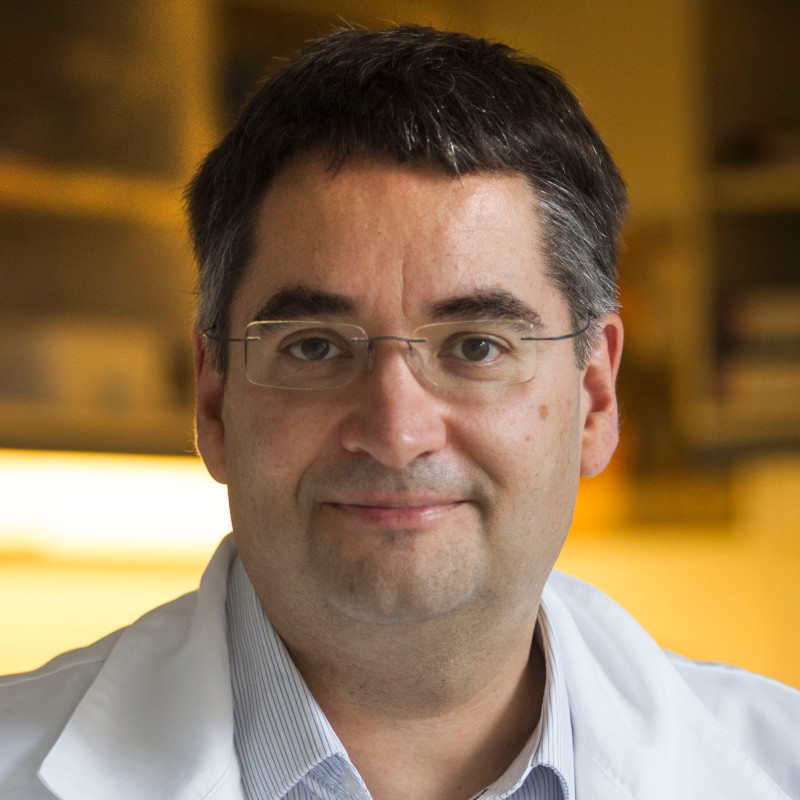
Professional leader:
Attila Mócsai is a research physician and professor at the Institute of Life Sciences of Semmelweis University. He gained his research experience at Semmelweis University and the University of California, San Francisco. Since 2002 he has been leading an independent research group at the Institute of Life Sciences at Semmelweis University.
His areas of interest are inflammatory diseases and the molecular mechanisms of bone loss. He has been awarded grants from the European Research Council, the Wellcome Trust, and the Momentum and Lifeline programmes. His 61 TDK students have won 74 awards at various university, national and international TDK conferences.
Training Assistant: Tünde Sopronyi and Réka Gémesi se@edu-sci.org
The Institute of Experimental Medicine (Budapest)
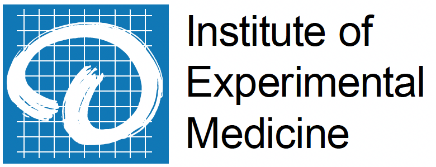
The Institute of Experimental Medicine (KOKI) was founded in 1952 with the aim of carrying out high-quality research work in the field of medical sciences. By the early 2000s, the Institute had developed into one of the leading neuroscience centres in Central Europe. The focus of KOKI’s activities is basic and translational research in neuroscience. The primary goal of the Institute is to contribute to the general understanding of the functioning of the nervous system, the protection of human health, more effective treatment of nervous system diseases and the development of modern technologies in all areas of neuroscience. In recent years, KOKI has been extremely successful in obtaining prestigious foreign financial resources such as the European Research Council (ERC), Howard Hughes Medical Institute or the Wellcome Trust grants. All of which have greatly contributed to the creation of new technologies and many central research units. In many cases, the discoveries made by the Institute’s research groups have been published in leading scientific journals, such as Science, Nature, Nature Neuroscience or Neuron. The Institute is also dedicated to education and the training of up-and-coming researchers, which is why the Institute jointly operates a neuroscience doctoral school together with Semmelweis University.
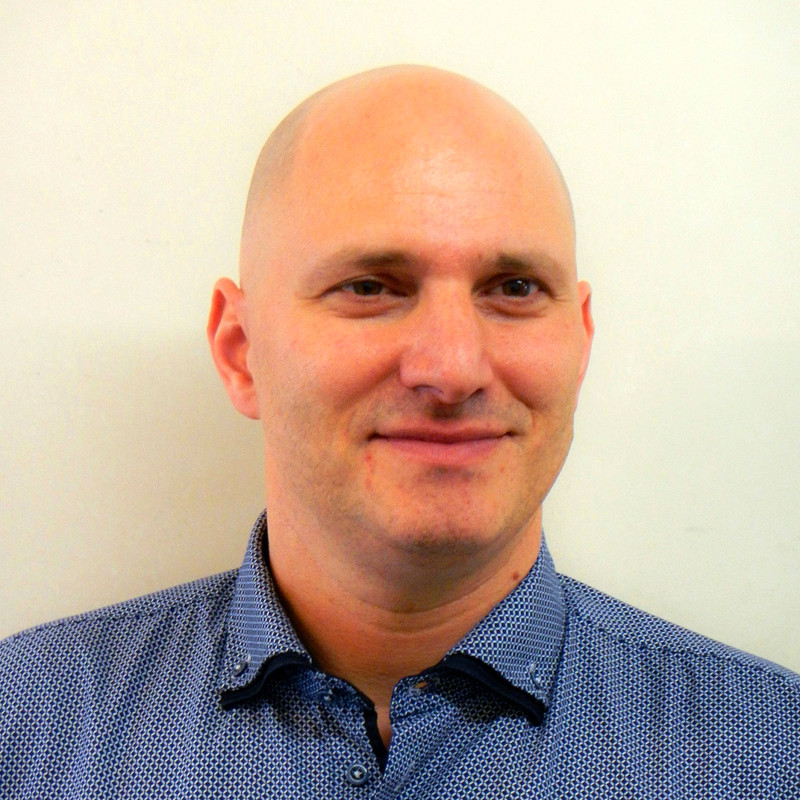
Professional leader:
Ádám Dénes is a senior researcher at the Institute of Experimental Medicine, head of the Neuroimmunology Research Group and the Centre for Cell Biology.
The focus of their research is on the mechanisms of inflammatory processes involved in common neurodegenerative diseases and on the interactions of the nervous system - immune system, with a special focus on the role of microglia, the major immune cell of the central nervous system.
Training Assistant: Tünde Sopronyi and Réka Gémesi se@edu-sci.org
University of Debrecen

With its uninterrupted history of more than four and a half centuries, the University of Debrecen is today the country’s oldest continuously operating institution of higher education in the same city, and having one of the largest domestic educational complexes, it is a prominent player in the Hungarian higher education system. It also has outstanding education, research, innovation capacities and scientific results at the international level, based on which, it plays a significant role in the implementation of national strategic goals, and is also one of the 500 best universities in the world. The student community of nearly 30,000 students can increase their knowledge in 14 faculties at an institution that exhibits serious professional values. As a university of science, it has become known asan intellectual centre with the widest vertical training in Hungary, which takes part in the private sector, business life, and the socio-economic life of the local government.
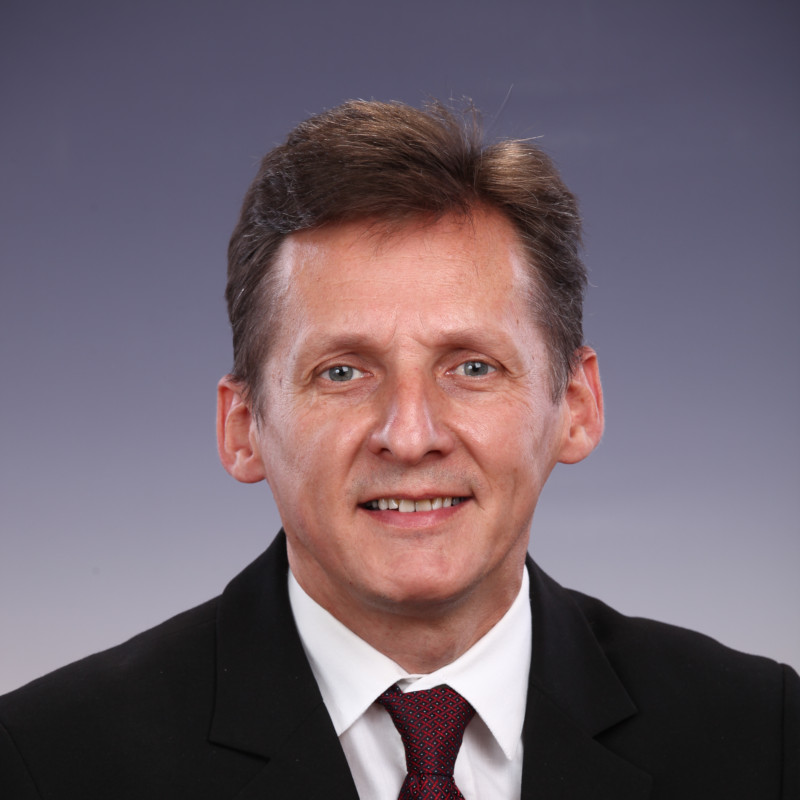
Professional leader:
Zoltán Papp Professor, Head of the National Academy of Sciences of the University of Debrecen (DE), Head of the Department of Clinical Physiology, Institute of Cardiology, Faculty of General Medicine, Deputy Dean of the Faculty of Medicine.
His research interests include myocardial contractile function, myocardial cell signalling, mechanisms of action of positive inotropic agents, pathomechanisms of acute and chronic heart failure.
Training Assistant: Krisztina Kass de@edu-sci.org
University of Pécs

The history of higher education in Pécs dates back to 1367, when our King, Louis the Great, initiated the creation of a university in the episcopal capital, Pécs. As a result of a multi-stage integration process, the University of Pécs was created, which has now become one of the country’s most famous universities with a regional leadership role. The university’s 10 faculties and research centre provide high-quality education across the entire spectrum of higher education fields, 18 vocational colleges and 21 doctoral schools offer 300 courses for nearly 20,000 students. The university does a lot to ensure that it is not only an optimal choice for its talented researchers as a starting point, but also as a workplace. Its Clinical Centre is one of the largest healthcare providers in Hungary. Its three main activities are healing, education, and scientific research. The presence of a large number of Hungarian and foreign students, along with the Mediterranean atmosphere make Pécs a pleasant, bustling, and lively university city.

Professional leader:
Zsuzsanna Helyes, neuropharmacologist, professor, clinical laboratory diagnostics and clinical pharmacologist. She graduated from the University of Pécs Medical School in 1995, obtained a general medical degree in 1999, a PhD degree in 1999, habilitated in 2007, became a doctor of the Hungarian Academy of Sciences in 2011, and a corresponding member of the Hungarian Academy of Sciences in 2019. Currently, he is Professor at the Institute of Pharmacology and Pharmacotherapeutics, Faculty of General Medicine.
Her research interests include the role of capsaicin-sensitive sensory neurons, neuropeptides and their receptors, and neuro-immune interactions in pain, inflammation and tumour-related diseases. The aim is to identify novel analgesic and anti-inflammatory drug targets, and to test and develop drug candidates for preclinical efficacy.
Training Assistant: Rita Lívia Balázs pte@edu-sci.org
Introduction video of partner institution
University of Szeged
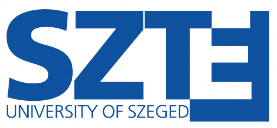
Committed to quality higher education, the University of Szeged (SZTE) is one of Hungary’s leading universities. The University of Szeged was established on January 1, 2000, via the integration of the József Attila University of Szeged, the Szent-Györgyi Albert Medical University, the Szeged Food Industry College, the Juhász Gyula Teacher Training College, and the Hódmezővásárhely Agricultural College. SZTE offers hundreds of bachelors, masters, and doctoral programs, higher education vocational training, specialized trainings, and adult education programs for students and those who wish to learn. With nearly 25,000 students and around 7,000 employees (of which 2,400 are lecturers/researchers), SZTE is one of the largest organizations in the Southern Great Plain Region. Education and research are carried out at the university’s 12 faculties, and health care is the responsibility of the Szent-Györgyi Albert Clinical Centre. The mission and goal of SZTE is to cultivate internationally competitive science and research and to ensure the spirit of a research university.
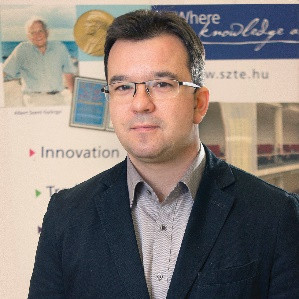
Professional leader:
Tamás Martinek, Professor at the Szent-Györgyi Albert Szent-Györgyi Faculty of Medicine, Institute of Medical Chemistry, University of Szeged.
His research activities focus on biomimetic self-assembling systems and their applications in discovery drug discovery. Within this, emphasis is placed on the development of antimicrobial foldamers, modulation of protein-protein interactions and peptides that induce cell penetration.
Training Assistant: Julianna Orbán szte@edu-sci.org
Biological Research Centre, Szeged
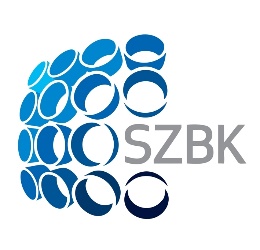
The defining institution of internationally recognized Hungarian life science research is the Biological Research Centre, Szeged (BRC). The four institutes of the BRC, founded in 1973 – the Institute of Biophysics, Biochemistry, Genetics and Plant Biology – employs around 260 researchers, whose work is characterized by numerous prestigious international scientific publications and patents. The researched topics cover many areas of molecular and cellular biology, which range from the industrial utilization of bacteria to the controlled breeding of cultivated plants as well as to issues of human health and environmental protection. The BRC is mainly a laboratory for basic scientific research, but BRC researchers play a prominent role in initiating the creation and management of biotechnological enterprises, as well as in performing educational tasks. The efficient operation of the BRC and the high quality of research were recognized by the European Molecular Biology Organization (EMBO) and the Centre was awarded the title of Centre of Excellence of the European Union in 2000.
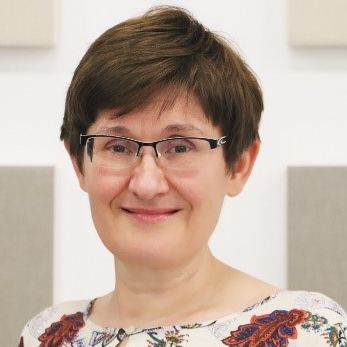
Professional leader:
Mária Deli is head of the Biological Barriers Research Group at the Biophysical Institute of the Szeged Biological Research Centre. Her research interests include culture modeling of blood-brain barrier and epithelial cell barrier systems; barrier modeling in microfluidic devices; organ modeling in chip devices; protection of biological barrier systems in disease; effects of natural products on barrier systems; drug delivery using targeted nanoparticles; cellular interactions of novel nanomaterials; role of glycocalyx in barrier function.
Training Assistant: Julianna Orbán szbk@edu-sci.org
The common work takes place in the best-equipped laboratories at all six locations under the guidance of the best mentors (Szent-Györgyi Mentors). In each research laboratory, a group of mentors awaits students, who will, along with their university studies, also start research work in the given city.